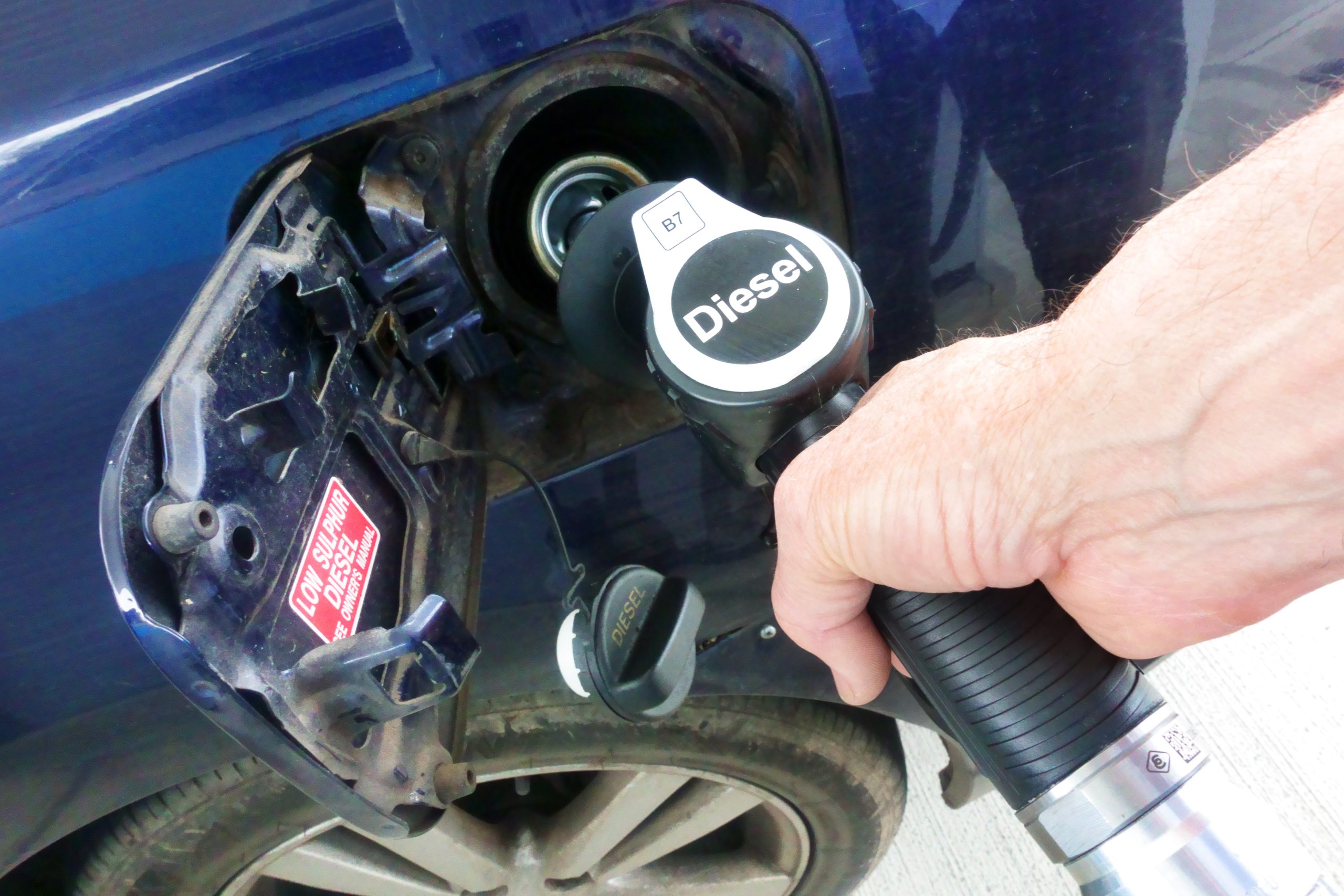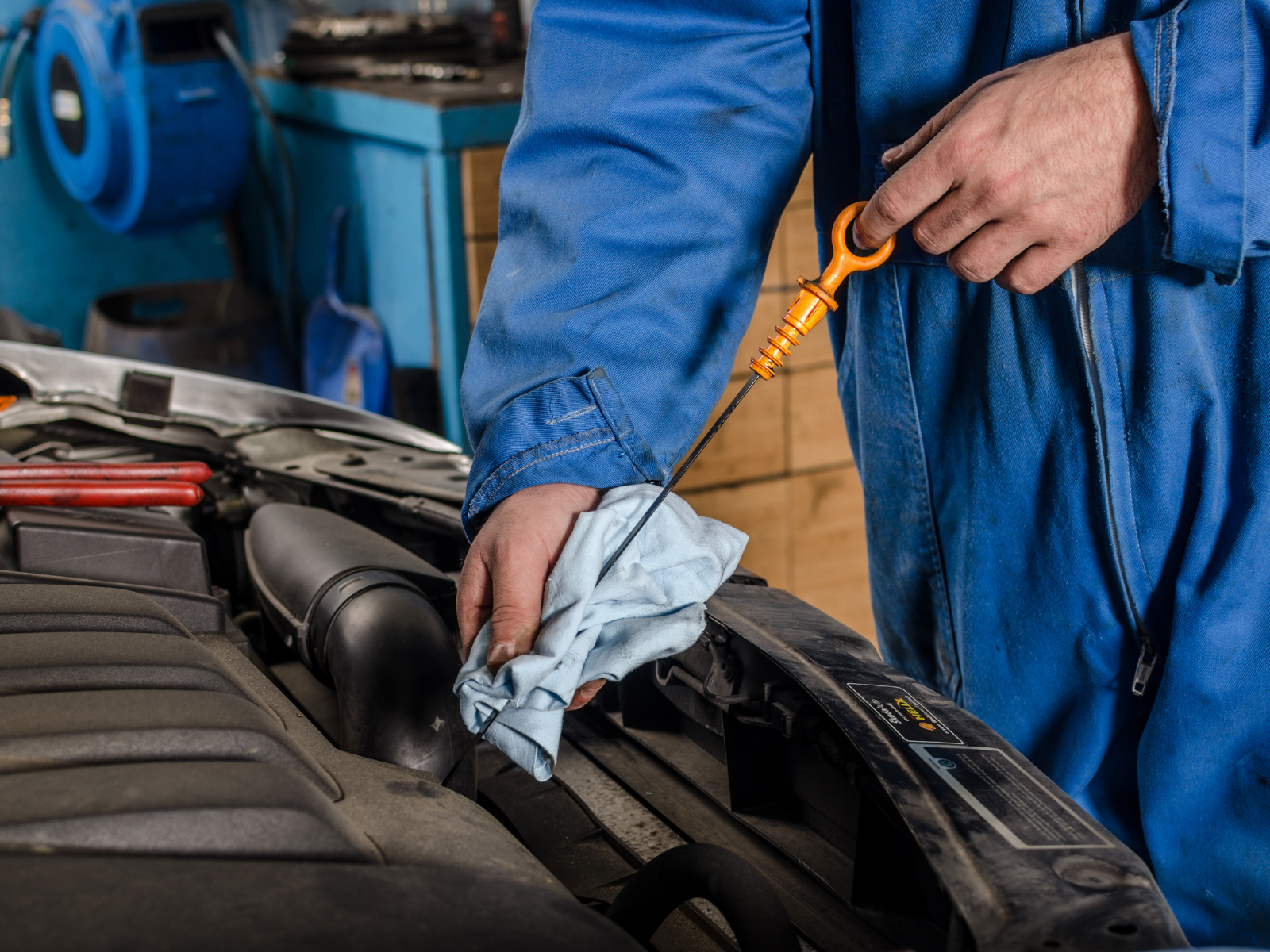How Long Can Condoms Last In A Car


Factors affecting the lifespan of condoms
To understand the factors affecting the lifespan of condoms, you need to know how to properly store them. It is essential to keep them away from exposure to heat and sunlight, as well as humidity and moisture. Storage conditions play a significant role in ensuring the longevity of condoms. Let’s take a brief look at each of these sub-sections to understand their impact.
Exposure to heat and sunlight
The effect of high temperatures and exposure to ultraviolet light on the longevity of prophylactics is paramount. These external factors accelerate the degradation process of rubber-based materials used in condom manufacturing, thereby rendering them ineffective. The risks are higher in tropical climates, where humidity levels exacerbate this issue.
Condoms should always be stored in a cool, dry place away from direct sunlight. Heat and sunlight speed up the material’s breakdown process, causing it to become brittle and susceptible to rupture or breakage during intercourse. This puts users at a significant risk of contracting sexually transmitted infections (STIs) or unintended pregnancies.
Moreover, some people often carry them around in their wallets for extended periods under direct sunlight or heat exposure, unaware that they are decreasing their lifespan unintentionally. In severe cases, even the lubrication can dry out due to exposure to high temperatures, leading to less effective contraception.
Recently, an incident occurred in California where condoms were left inside a car at high temperatures, resulting in deformities and failure to use them when needed urgently, underscoring the importance of proper handling and storage of prophylactics.
Humidity and moisture
The influence of ambient moisture levels on condom shelf-life is noteworthy. High humidity levels can lead to a diminution in material strength and result in latex becoming frail, while low moisture levels can lead to brittleness and disintegration. Such environmental factors may impact condom integrity over time, thus rendering them less effective.
In the long term, exposure to high levels of heat and moisture can accelerate the degradation process of condoms, reducing their lifespan. To prevent such measures from affecting their effectiveness, it is beneficial to store condoms at room temperature away from direct sunlight or heat sources like radiators and heaters.
It is advisable to maintain humidity within 40–60%, as that helps preserve the integrity of the condoms and extend their longevity. Furthermore, it is essential to check expiration dates before using condoms and dispose of them appropriately after each use. Proper storage is critical to ensuring their efficacy, which ultimately serves one’s health interests.
Storage conditions
Storing Condoms to Prolong their Lifespan
Storing condoms in the right conditions helps to ensure that they remain usable for as long as possible. Here are some factors affecting the lifespan of condoms:
| Temperature | Humidity | |
|---|---|---|
| Room or drawer | 60-77°F | Below 50% |
| Warm environment | Below 100°F | Below 65% |
| Freezing | Not recommended | Not recommended |
It is important to note that exposing condoms to direct sunlight, excessive heat or cold, and humidity can all compromise the material of a condom. In addition, storing condoms in wallets, glove compartments, or places where they can be punctured or compressed may cause damage and lead to their losing their efficacy.
To maximise the shelf life of your condoms, always check expiration dates before use. Never use a condom that has expired or shows signs of wear or defect. Also, keep an eye on storage location, such as changes in climate that could affect the conditions in which you store your condoms.
Keeping your condoms stored properly can make all the difference when it comes to preserving their safety and effectiveness. By following these simple guidelines, you can ensure maximum protection during your intimate moments.
Risks associated with using expired condoms
To avoid the risks associated with using expired condoms while having sex, you need to understand the possible consequences of doing so. To provide you with a solution, this section with the title “Risks associated with using expired condoms” presents some of the sub-sections that discuss the possible consequences of using an expired condom, such as breakage and slippage, reduced protection against STDs and pregnancy, and allergic reactions.
Breakage and slippage
During the use of outdated prophylactics, loss of protection and potential exposure to STIs may occur. Slippage and breakage are major issues with expired condoms, leading to unintended pregnancy and STD transmission. Additionally, the deterioration of material and lubrication increases friction during intercourse, causing condom failure.
Expired condoms should not be used, as they lose their effectiveness after approximately 3 years. They have a higher tendency to rupture under pressure or friction, causing slippage and exposure to microorganisms. The use of outdated products puts individuals at risk in terms of continued sexual health.
Furthermore, it is advised that consumers always check the expiration date before using a condom. Storage procedures are crucial as well; condoms should be kept in a cool place away from sunlight. It’s also recommended to avoid carrying them around in wallets or purses for an extended period due to frictional damage caused by constant movement.
Overall, it’s essential to prioritise sexual health by purchasing high-quality products that haven’t expired yet.
Reduced protection against STDs and pregnancy
When you use condoms after their expiration date, you expose yourself to a variety of risks. These might include reduced protection against sexually transmitted diseases (STDs) and pregnancy. The expired condom could break or tear during intercourse, leading to the possibility of these STDs and an unplanned pregnancy. Additionally, the protective barrier that the condom offers might be compromised due to ageing.
It is essential to be mindful of the fact that old or expired condoms did not undergo rigors testing for efficacy in preventing STDs and pregnancies. Therefore, choosing to use them increases the risk of contracting an infection or becoming pregnant.
In addition, when condoms expire, their physical characteristics also change over time. This change includes the dryness, stickiness, discolouration, and brittleness of the latex material used in making them. These changes make it more challenging for them to conform correctly to one’s anatomy, thereby reducing their effectiveness.
A 2018 user report revealed that some people mistakenly assume that using two condoms would offer better protection than one. However, this is not true since using two at once will result in friction that can tear both condoms.
In summary, using expired condoms poses dangers that could lead to infections or unwanted pregnancy. So always check your expiration dates before use, and discard any previous products immediately to stay protected during sensual moments!
Allergic reactions
Using expired condoms can lead to adverse reactions in some individuals. These responses may range from mild itching and rash to severe anaphylaxis and respiratory distress, depending on the individual’s sensitivity to latex or other materials used in condom manufacture. Condoms often contain spermicidal lubricants, which expire well before the condom itself, further increasing the risk of allergic reactions.
In addition, exposure to expired products can increase your risk of contracting sexually transmitted infections (STIs). The effectiveness of the condom at preventing STIs is compromised when it reaches its expiration date due to a decrease in form stability and material integrity.
It is important to note that allergies do not develop overnight and may occur after extended use of non-expired products as well. In such cases, medical advice should be sought for appropriate management.
To ensure maximum protection during sexual activity, it is crucial to follow safe sex practices, such as using fresh condoms each time you engage in sexual activities. Do not take any chances with expired products, as they could pose serious risks to your health. Stay safe by prioritising your sexual health and avoiding the use of expired condoms at all times.
Keep your condoms in the glove compartment because nothing screams ‘cool’ like a potential pregnancy after a hot car hookup.
How to store condoms in a car
To ensure the longevity of your condoms during road trips, you need to know how to properly store them in a car. With “how to store condoms in a car” and sub-sections on “optimal storage temperature, avoiding direct sunlight and extreme temperatures, and keeping condoms in a secure and dry location” as solutions, you’ll learn how to prevent condom damage and maintain their effectiveness.
Optimal storage temperature
Maintaining the Best Temperature for Storing Condoms
Adequate storage conditions can prolong the lifespan of condoms. Here’s a breakdown of the optimal temperature range to store condoms safely.
| Temperature | Duration of storage |
| 39°F (4°C) or below | Indefinitely, as long as they are not expired |
| -4°F (-20°C) | Up to 6 months |
It is ideal to skip storing condoms in a hot and humid climate because it may lead to damage or deterioration. Do not keep them inside a closed vehicle during the summer months, as high temperatures can render them ineffective.
Failing to prepare means planning to fail. Do not risk an unexpected mishap by being unprepared with appropriate contraception supplies. Your health and safety are worth investing resources in, so ensure your condom supplies are stored well for effective usage.
Avoiding direct sunlight and extreme temperatures
To ensure the longevity of your contraception, it is important to safeguard it from harsh external conditions. Unfavourable exposure to sunlight and extreme temperatures can negatively impact the quality of condoms. Hence, proper storage procedures must be followed.
When storing condoms in a car, avoid leaving them in direct sunlight or exposed to high temperatures resulting from hot car interiors. It is also important to prevent them from becoming too cold in cooler temperatures. These precautions will help maintain the structural integrity of the latex material while providing maximum protection against unwanted pregnancies and STIs.
It may be wise to store your condoms in a container that is designed for temperature-controlled items. This type of container can help regulate internal temperatures, preventing any damage to the product. Additionally, you should keep your condoms in an area where they will not be damaged by sharp objects or excessive friction.
A report from a prominent condom company revealed that improper storage was responsible for over 20% of product faults, resulting in unintentional pregnancies and infections. By taking these simple measures into account, you can guarantee that your contraception will remain effective when you need it most, regardless of where you are travelling in your car!
Keeping condoms in a secure and dry location
Storing condoms in a safe and protected space is crucial for ensuring their quality and effectiveness. To keep them secure and dry, consider using an airtight container or sealed ziplock bag. Additionally, avoid exposing them to extreme temperatures or direct sunlight, which can cause damage. Remember that heat and moisture can compromise their strength and durability over time.
It’s important to note that the temperature inside a car can fluctuate significantly, especially during the hot summer months. This can lead to the degradation of the latex and reduce its reliability. Therefore, it’s advisable to store condoms outside of the vehicle or bring them with you whenever possible.
When it comes to protecting yourself against sexually transmitted infections (STIs) or unplanned pregnancy, taking precautions is imperative. Don’t let the fear of being unprepared stop you from enjoying your intimate moments fully. By keeping condoms in a safe place, you’ll be able to stay protected without any worries or stress.
Recommended replacement frequency for condoms
To ensure you are using condoms safely, it is important to understand the recommended frequency for replacing them. To determine when to replace condoms, pay attention to manufacturer guidelines, safe sex practices, and how to overcome the stigma surrounding the purchase and use of condoms.
Manufacturer guidelines
Condom Manufacturers’ Recommended Replacement Cycle
Condoms are a reliable contraception method used by millions worldwide. Condom manufacturers provide guidelines for the recommended replacement cycle to ensure optimal protection and prevent disease transmission.
It is important to note that condoms have an expiration date, typically three to five years from the date of production. Additionally, it is suggested to store condoms in a cool, dry place away from direct sunlight.
To maintain the effectiveness of condoms, it is recommended to replace them after their expiration dates or every time they are used. This reduces the chances of condom breakage or leakage, which can lead to unintended pregnancy or sexually transmitted infections.
Although some may believe that using two condoms simultaneously increases protection, this increases the chances of breakage due to friction. One correctly used condom is enough for protection.
In one unfortunate case, a man experienced irritation and discharge after using an expired condom. Regularly replacing condoms can prevent such incidents and promote safer sexual practices.
Remember to always check expiration dates and replace your condoms regularly for optimum protection.
Safe sex practices
Practising healthy sexual activity is crucial for maintaining good reproductive and overall health. Effective contraceptive methods, such as condoms and birth control pills, can help prevent unwanted pregnancies and sexually transmitted infections. Regularly checking for STIs, vaccination, consistent and correct use of protection, and communication with partners about sexual boundaries are all examples of safe sex practices.
When it comes to using condoms, it’s essential to know the recommended replacement frequency. Semen tends to weaken latex over time, leading to a higher chance of breakage. Therefore, replacing the condom after each sexual encounter or every 1-2 hours during an extended period of intercourse is crucial. Condoms can also expire or be damaged due to environmental factors such as heat or light.
Many people do not consider dental dams when practising safe sex practices. Dental dams act as a barrier between the mouth and the genitals, vulva, and anus during oral sex. Using a fresh dental dam before every type of oral stimulation helps prevent the spread of STIs. This often-overlooked protection measure is essential in more diverse communities where there’s a high prevalence of oral herpes infections.
According to the World Health Organization (WHO), globally, approximately 1 million sexually transmitted infections occur each day. It’s imperative to employ safe sex practices such as using effective contraceptives consistently, getting regularly tested for STIs, and vaccination against HPV and the Hepatitis B/C&B19V vaccine for those at-risk population groups to reduce this number significantly.
Overcoming the stigma surrounding purchasing and using condoms
Breaking the taboo around purchasing and utilising condoms is crucial for promoting safe sex practices. The social stigma attached to this act must be overcome by normalising discussions regarding the use of contraceptives. As sexually transmitted diseases (STDs) are on the rise, it is essential to purchase and practice proper condom use, which includes using adequate lubrication and storing them appropriately.
Moreover, individuals should not feel ashamed about buying condoms, as it contributes to responsible sexual behaviour. People can also buy them online or at pharmacies where they maintain confidentiality. Additionally, practising and discussing safe sex with one’s partner helps remove the stigma attached to using condoms.
Pro Tip: Don’t be embarrassed about purchasing condoms; it’s a healthy practice that promotes responsible sexual behaviour.
How Long Can Condoms Last In A Car – Conclusion: Importance of proper condom storage and usage
It is imperative to store and use condoms properly, ensuring their efficacy in preventing the transmission of sexually transmitted infections and unintended pregnancies. Storing condoms in a cool, dry place away from direct sunlight and extreme temperatures is vital for their longevity. Additionally, proper usage can significantly decrease the likelihood of breakage or tearing during intercourse. By taking these precautions, individuals can safely enjoy their sexuality while protecting themselves and others.
Moreover, it’s important to be aware that storing condoms in a car can potentially reduce their lifespan due to exposure to changing temperatures and humidity levels. While most condoms have a shelf life of five years, long-term storage in an environment like a car can decrease this time significantly. Thus, it is crucial to regularly check expiration dates and replace any expired or damaged condoms.
Overall, investing in proper condom storage and usage can greatly benefit sexual health and well-being. By being informed and proactive about protection methods, individuals can take charge of their sexual health.
A study conducted by Sexual Health magazine revealed that more than half of respondents had used an expired condom during intercourse at least once.
How Long Can Condoms Last In A Car – Frequently Asked Questions
Q: How long can condoms last in a car?
A: Condoms exposed to heat and fluctuating temperatures can degrade and become less effective. It is recommended to store condoms in a cool, dry place and avoid leaving them in a hot car for long periods.
Q: Can condoms be damaged in a car?
A: Yes, if condoms are exposed to extreme heat or cold, they can become damaged and less effective. It is best to store condoms in a temperature-controlled environment to ensure their effectiveness.
Q: Is it safe to use condoms that have been stored in a car?
A: It is not recommended to use condoms that have been stored in a car for a long period or exposed to fluctuating temperatures. It is best to use condoms that have been properly stored in a cool, dry place to ensure their effectiveness.
Q: How can I store condoms in my car without damaging them?
A: It is best to store condoms in a location within the car that is not exposed to direct sunlight or extreme temperatures. An interior glove box or a cool, dry spot inside the car can work well.
Q: Can condoms expire faster if stored in a car?
A: Yes, condoms can expire faster if stored in a car due to exposure to heat and fluctuating temperatures. It is recommended to store condoms in a cool, dry place to ensure their effectiveness throughout their expiration date.
Q: How long do condoms usually last?
A: Condoms typically have an expiration date printed on the packaging and should not be used past that date. On average, condoms can last for up to five years if stored properly in a cool, dry place.










